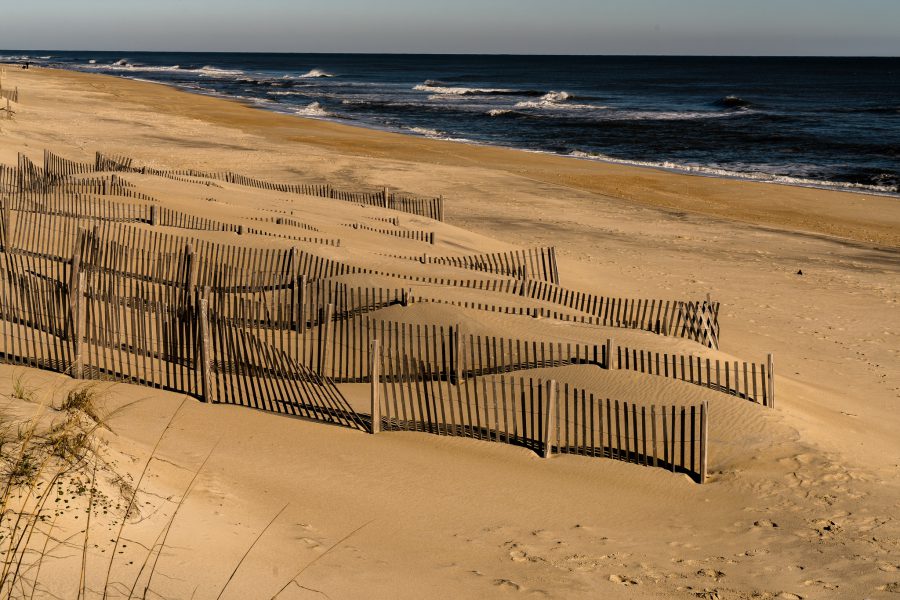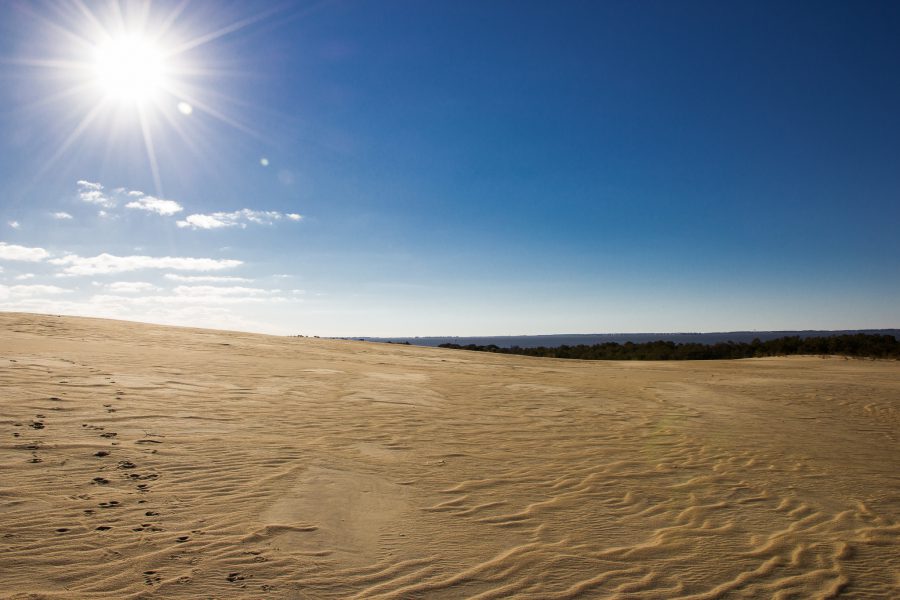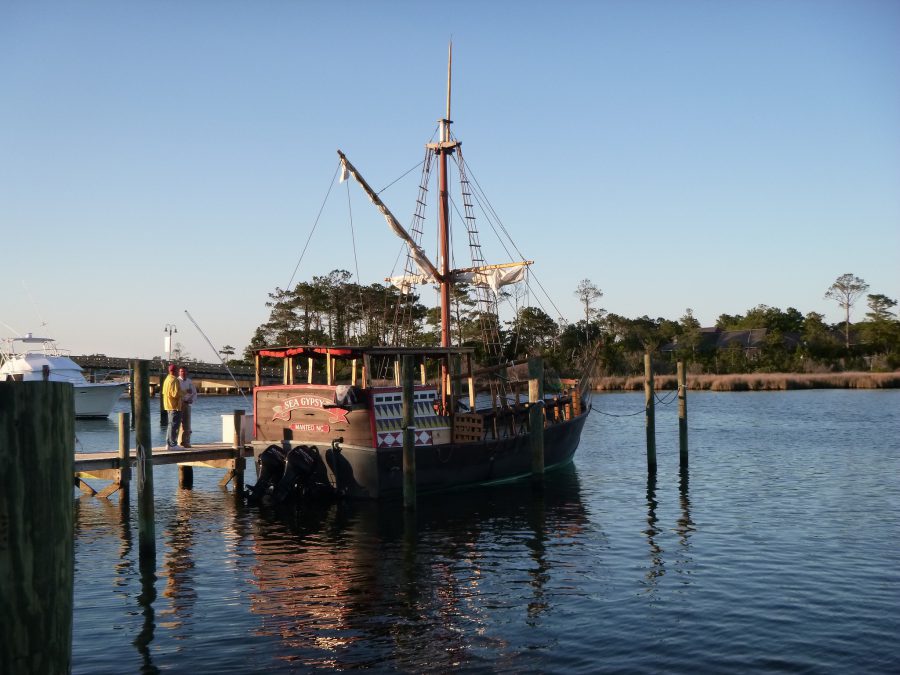
The beaches in the Outer Banks are often filled with early-morning walkers wearing earphones and sweeping a metal detector back and forth to find coins, jewelry, and other things left behind by ancient travelers and current vacationers alike. If you are going to spend some of your time here with us doing the same thing, there are metal detecting laws Outer Banks you need to know to make sure you have a safe and happy time doing it. Here is what you need to know.
Stay in Legal Areas
Some beaches prohibit the use of metal detectors. The dividing line for the beaches that allow it and those that don’t is located at Nags Head. The southernmost part of Nags Head where the Cape Hatteras National Seashore area starts is also where the prohibition begins and it covers all the beaches down past Hatteras and through Ocracoke. If you are going to be traveling to the National Seashore area with your metal detector, you should make sure that it is taken apart and not ready for immediate use to avoid any hassles. Otherwise, you could be detained.
If you stay on the northern beaches above Nags Head like Kill Devil Hills, Duck, and Corolla, you should be fine, unless the spot you are seeking treasures specifically has a sign telling you not to use a metal detector in the area.
State Parks

If you end up at a Jockey’s Ridge State Park, you won’t be able to use your metal detector there either. Metal detectors are prohibited in all state parks in North Carolina. There is an exception to the rule, though. You can use a metal detector to find your lost personal property. However, don’t just take the detector out of the car and start sweeping; you will have to get a special use permit first. You can get this at the state park office. Also, be aware that a state park ranger will accompany you as you look for your lost possession in most cases.
Recreation Areas
While most of the Northern Outer Banks is open all-year round for metal detecting, some areas restrict its usage during the busiest time of the year. During June, July, and August, people flock from all over to the Outer Banks and some recreation areas get crowded. The end result is that the use of metal detectors is prohibited on most North Carolina Recreation areas on the beaches during the summer.
Archaeological Finds

If you find yourself lucky enough to find Blackbeard’s treasure, you’ll still have to follow federal and state laws in North Carolina. The laws are based upon the Archaeological Resources Preservation Act (ARPA) of 1906 and they prohibit anyone who is not authorized from digging up and removing artifacts. The Act also sets the fines and imprisonment penalties for those that do – which can go as high as $5,000 and an up to six months in the local jail. This means if you find something, the find has to be reported to the proper authorities and you have to hand over any treasures you’ve found.
On top of ARPA, there is also the National Historic Preservation Act that you have to follow. This Act requires that you can’t dig up an artifact that you suspect is 100 years old or older. That’s pretty hard to do when you might only see a section of the artifact and can’t really tell what it is. Make sure you use extreme caution when digging anything up on the beaches because you never know what’s out there.
You can have a memorable time walking the beaches with your metal detector as long as you follow the rules. It’s a great way to spend a day out in the ocean breeze under white clouds floating below the sun-filled blue North Carolina skies.